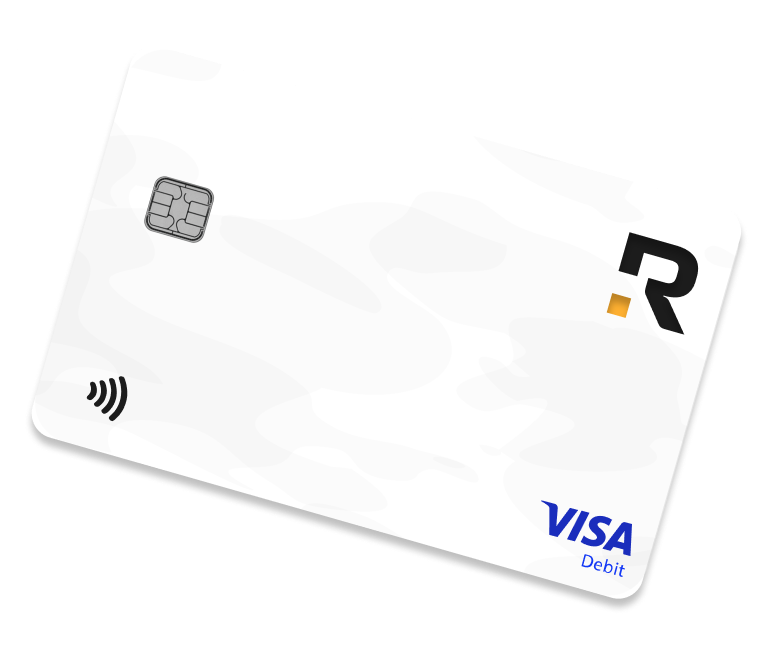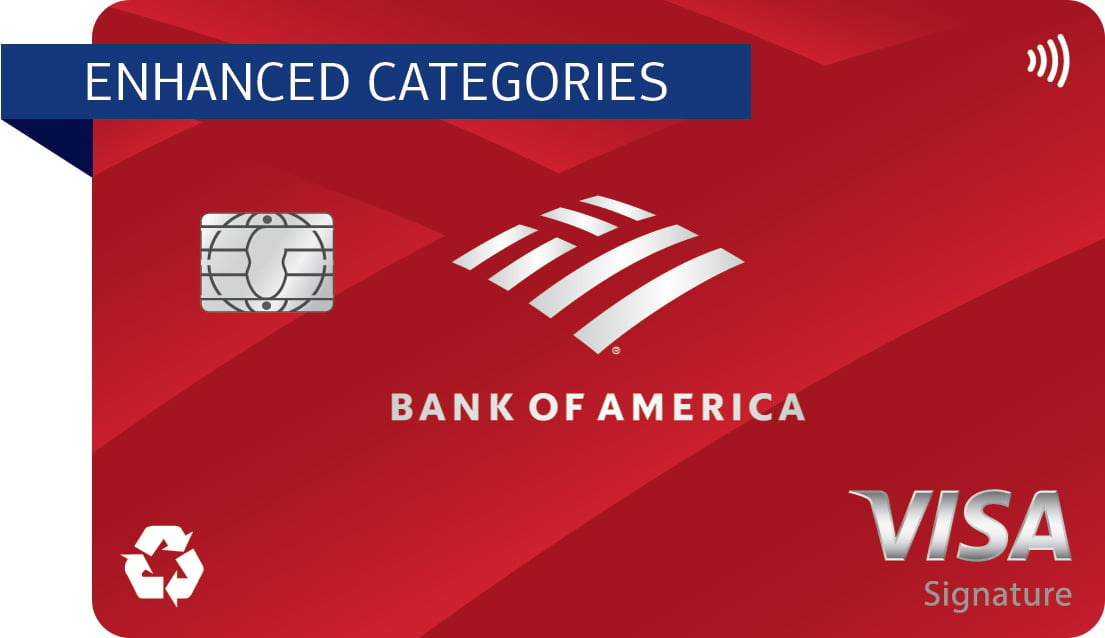CardsFTW #71: The Back-to-School Edition
Plus, Neobank Naming with Your Pals, Roger, Dave, and Albert, and New Rewards
The Back-to-School Edition
It’s that time of the year again, when tropical storms roar over my home in Southern California and we have our first Hurriquake.
Well, leaving aside the past 48 hours of totally bizarre weather and totally normal plate tectonics, Southern California schools all started last week or this one. (Yes, I know you East Coasters may have until Labor Day!)
With the topic of learning in mind, I am sharing a few of my favorite reads for learning more about fintech. So, grab your scholarly glasses, and your bookmark, and let's head to the library of fintech.*
Required Reading
Payments Systems in the U.S. by Russ Jones, Carol Coye Benson, and Scott Loftesness
This is the O.G. of payments books. I used to buy everyone who joined my first startup Wallaby a copy. (It’s unclear if they read it.) Payments Systems is your meaty high school textbook. Navigate the intricate web of payment methods, from old-school cash to today’s cutting-edge platforms. Delve deep into the history and evolution of how we pay and get paid. The book doesn’t look very big, but it isn’t a fast read.
The Anatomy of the Swipe by Ahmed Siddiqui
Think of this as the "Fintech Kindergarten" of books. It's where you get the ABCs of terminal payments, understanding each little tap, dip, and swipe. However, don't expect the book to take you to the graduation stage, it's more of a starter pack. Marqeta doesn’t sponsor the book, but it has a heavy dose of Marqeta and friends promotion based on the author’s personal background.
A Piece of the Action: How the Middle Class Joined the Money Class by Joe Nocera
History class, but make it personal finance. Travel back to when ATMs were the new kids in school and Wall Street was the ultimate jock. Nocera gives you a front-row seat to the pep rallies and dramas that elevated the middle class to finance stardom.
Debt: The First 5,000 Years by David Graeber
Dive deep into Anthropology 101. Graeber's lessons stretch from Mesopotamia's early debt forgiveness days to our modern student loans. Expect lively debates, food for thought, and maybe even a rethink of that personal loan you were considering.
Fintech: The New DNA of Financial Services by T. Mandy Tham and Pranay Gupta
Your advanced college lecture, covering the revolution in financial technology. See how fintech is morphing the face of traditional banking and finance. They dive deep, from AI in finance to blockchain challenges, and what to anticipate next in this dynamic landscape.
The Most Fun I Never Want To Have Again: A Mid-Life Crisis in Community Banking by R. D. Koncerak
Think of it as Drama Club meets Economics. Koncerak offers a backstage pass to banking's theater – the highs of opening night (bank launches) to the gloom of poor reviews (the 2008 crisis). Be prepared for compelling narratives and dramatic arcs.
The Unbanking of America: How the New Middle Class Survives by Lisa Servon
This is Sociology with a side of Finance. Follow Servon as she field trips through America’s alternative banking scene. Ever wonder why some students skip the cafeteria for food trucks? Maybe it's taste, or maybe the cafeteria just isn't serving their needs.
The Field Guide to Global Payments by Sophia Goldberg
Remember those quick-reference flashcards we all had for exams? This is the fintech equivalent. A quick guide for the uninitiated, but always cross-check your answers, as there might be a few errant scribbles!
The world of fintech awaits! Ready to graduate with honors in financial savvy? 🎓📚🍎If you have a book recommendation, please leave it in the comments.
Extra Credit Reading
These are three more of my favorites. The first two are out of print, but if you can get your hands on them, I highly recommend them.
Credit Card Industry: A History by Lewis Mandell
Another thinner book, but with a lot of material packed in, Mandell provides a very rich history of the development of credit cards.
American Express by Peter Z. Grossman
This unauthorized story of the American Express company reads like a thriller. Today we think of Amex as a stable and august institution, but the villainy and deceit amongst its founding partners makes for a good story (and it’s all history)
Looking Backward by Edward Bellamy
Written in 1888, this utopian novel imagines a man from 1887 waking up in the year 2000 and discovering America transformed into a utopian society. Not only that, everyone uses a “credit card” to pay for things. The book is generally credited as the first place credit cards were described, many years ahead of their time.
Roger, Dave, and Albert
Roger, a new banking brand from the Citizens Bank of Edmond (Oklahoma) launched earlier this month, offering an experience tailored to military recruits. The bank claims they are the first one to tailor needs to service members, although I am curious how credit union heavyweights Pentagon Federal and Navy Federal would respond to that. Citizens is tiny compared to these behemoths, reporting $375 million in assets compared to $25 billion at PenFed and $165 billion at Navy Federal.

Putting that claim aside, the general idea behind Roger, providing a neobank experience to new military members, especially those who may be 17 and have trouble opening traditional bank accounts is a good one.
Notably, this is not a startup offering a product through a sponsor bank relationship. Roger is a brand offered by a traditional bank on a modern technology core from Nymbus. That’s a bit of a twist from the normal neobank story.
What I really came here to ask was: Have you noticed the neobank preference for male-centric names? We welcome Roger this month, following a list already populated with names like Dave, Marcus, HM Bradley, and Albert. It begs the question: why such a preference for male names? Getting these domains must be a (expensive) nightmare. (OK, is HM Bradley male? Not clear, but I do know that it’s a play on Berkshire Hathaway and the Warren Buffet universe, so we’re going to keep it in this column).
While we do have gender-neutral names like Charlie making the list, male dominance is evident. Is this smart branding, or is it a reflection of the overwhelming male population of founders? Internationally, many neobanks such as Monzo and Revolut lean towards neutral names.
I love interesting names (see Totavi, Wallaby) and have recently commented on our industry's lack of naming creativity. Let’s try to be more innovative! If you’re going to use a first name, hit up the Social Security Administration’s Baby Names list, drop down to, oh say 989 and go with Rylan. (rylancard.com is available right now for only $250!)
Bank of America’s Customized Cash Updates Definitions
One of the most popular U.S. consumer credit cards is the Bank of America Customized Cash card, which offers users 3% in a category of their choice (among six categories), 2% at grocery and wholesale, and 1% everywhere else. (Key fine print includes a $2,500 limit per quarter in the 3% and 2% categories, but it’s offset by participation in the MyRewards program, which can earn up to 75% bonuses, meaning 3% becomes 5.25%!).

The bank is responding to changing habits by including electronic vehicle charging in the previous gas category, which it noted has seen a 44% increase in the first half of 2023 (over the first half of 2022 I think, but it’s unclear). The online shopping category expands to include cable, streaming, internet, and phone plans. Looks like I’ll have to revisit last week’s column and see if 5.25% cash back on T-Mobile is better than the autopay discount.
CardsFTW
Thanks for reading CardsFTW, a debit and credit newsletter by Matthew Goldman. Matthew is the founder of Totavi, LLC, which provides GSD Product Consulting with real operational value. Visit totavi.com to learn more and engage us.
* Indicates a company with whom Matthew Goldman or Totavi, LLC has a financial relationship. This post contains affiliate links. Affiliate payments do not affect recommendations.
